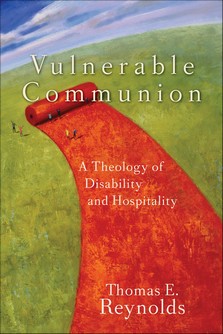It’s not so much a matter of who we are, but who we belong to.
This poem was written by a man who would soon die at the hands of his Nazi captors. At the end of his life, he could question who he was, and who he had been, but his resolution to all of that rests in Theological principle, in worldview.
Please enjoy, and feel free to comment.

Dietrich Bonhöffer, a young theologian of great promise, was martyred by the Nazis for his participation in a plot against the life of Adolf Hitler. His writings have greatly influenced recent theological thought. [This article appeared in the Journal Christianity and Crisis, March 4, 1946. Used by permission. This article was prepared for Religion Online by Ted & Winnie Brock.]
Who am I?
They often tell me
I stepped from my cell’s confinement
Calmly, cheerfully, firmly,
Like a squire from his country-house.
Who am I? They often tell me
I used to speak to my warders
Freely and friendly and clearly,
As though it were mine to command.
Who am I? They also tell me
I bore the days of misfortune
Equally, smilingly, proudly,
Like one accustomed to win.
Am I then really all that which other men tell of?
Or am I only what I myself know of myself?
Restless and longing and sick, like a bird in a cage,
Struggling for breath, as though hands were
compressing my throat,
Yearning for colors, for flowers, for the voices of birds,
Thirsting for words of kindness, for neighborliness,
Tossing in expectation of great events,
Powerlessly trembling for friends at an infinite distance,
Weary and empty at praying, at thinking, at making,
Faint, and ready to say farewell to it all?
Who am I? This or the other?
Am I one person today and tomorrow another?
Am I both at once? A hypocrite before others,
And before myself a contemptibly woebegone weakling?
Or is something within me still like a beaten army,
Fleeing in disorder from victory already achieved?
Who am I? They mock me, these lonely questions of mine.
Whoever I am, Thou knowest, 0 God, I am Thine!







